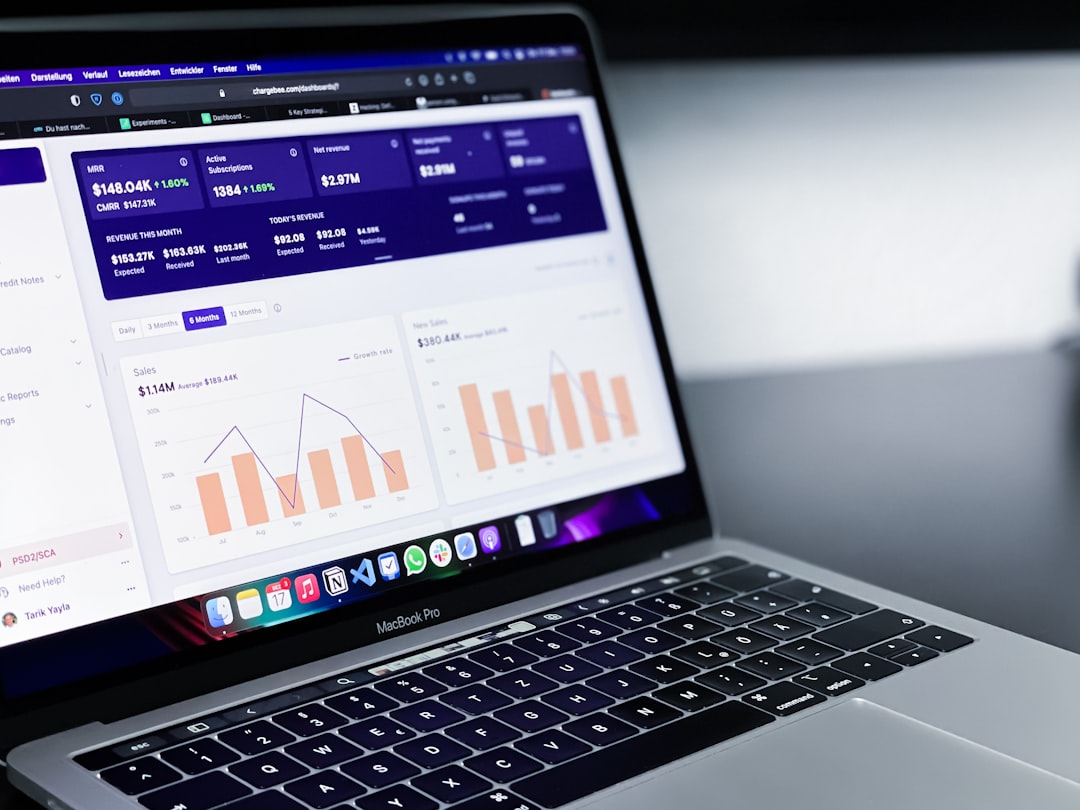Data analytics has revolutionized various industries, and drop shipping is no exception. In recent years, the role of data analytics in drop shipping optimization has become increasingly crucial. With the vast amounts of data available, businesses can gain valuable insights into customer behavior, inventory management, and overall operational efficiency.
One of the key benefits of data analytics in drop shipping is its ability to provide businesses with a deeper understanding of their customers. By analyzing customer data such as purchase history, browsing patterns, and demographic information, businesses can identify trends and preferences. This knowledge allows them to tailor their product offerings and marketing strategies to meet specific customer needs. For example, if data analysis reveals that a certain product is popular among a particular demographic, businesses can target their advertising efforts towards that specific group.
Furthermore, data analytics enables drop shippers to optimize their inventory management. By analyzing historical sales data and forecasting future demand, businesses can determine the optimal stock levels for each product. This helps prevent overstocking or understocking, which can lead to unnecessary costs or missed sales opportunities. With accurate inventory management, drop shippers can ensure that they have the right products in stock at the right time, improving customer satisfaction and maximizing revenue.
Data analytics also plays a crucial role in optimizing operational efficiency in drop shipping. By analyzing order processing times, shipping costs, and customer feedback, businesses can identify areas for improvement. For example, if data analysis shows that a particular shipping provider consistently delivers orders late, businesses can switch to a more reliable option. Similarly, if customer feedback indicates issues with order accuracy or packaging quality, businesses can take corrective actions to improve their processes.
In addition to these benefits, data analytics can also help drop shippers identify potential fraud or security risks. By monitoring transactional data and detecting patterns that indicate fraudulent activities, businesses can take proactive measures to protect themselves and their customers. This not only safeguards their reputation but also ensures a secure environment for online transactions.
Overall, the role of data analytics in drop shipping optimization cannot be overstated. By harnessing the power of data, businesses can make informed decisions, improve customer satisfaction, and maximize operational efficiency. As the drop shipping industry continues to evolve, data analytics will undoubtedly play an even more significant role in driving success.
